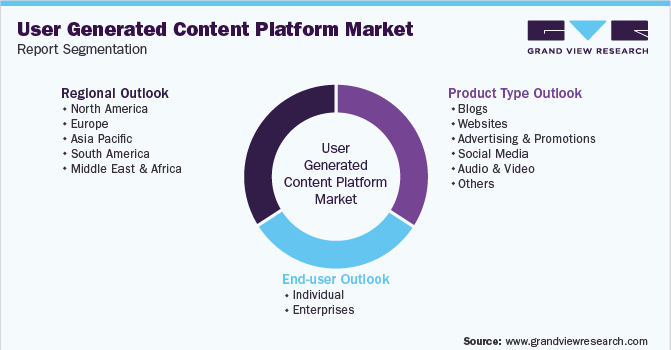Elevate Your Digital Presence
Explore tips and strategies to enhance your online engagement.
Gaming's New Marketplace: The Surprising Impact of User-Generated Content
Discover how user-generated content is reshaping gaming's marketplace and changing the way we play, create, and connect—don’t miss out!
How User-Generated Content is Reshaping the Gaming Economy
User-generated content (UGC) has become a pivotal force in reshaping the gaming economy, transforming not just how games are developed, but also how communities interact and engage with each other. Gamers now possess the ability to create and share their own content, from custom skins and levels to fully-fledged mods that can redefine the gaming experience. This shift empowers players, allowing their creativity to influence major titles and fostering an ecosystem where user contributions can enhance the overall value of a game. By incentivizing players to contribute their own ideas, game developers can tap into a diverse pool of innovative concepts, creating a cycle of creativity that benefits both parties.
The impact of UGC is especially evident in the rise of platforms that facilitate sharing and collaboration among gamers. For instance, games like Roblox and Fortnite have thrived on user-generated contributions, leading to entire economies based on content creation and exchange. As players generate and monetize their own content, they not only bolster their income but also strengthen community bonds through shared experiences and collaboration. This new dynamic fosters a sense of ownership among players and promotes a vibrant gaming economy where innovation and engagement are driven by the very users who play the games. Ultimately, UGC is not just a trend; it's a fundamental shift that is likely to define the future landscape of the gaming industry.

Counter-Strike is a popular multiplayer first-person shooter game that emphasizes teamwork and strategy. Players can engage in various game modes, including bomb defusal and hostage rescue, while competing against opposing teams. For those looking to enhance their gaming experience, using a daddyskins promo code can provide exciting in-game skins and items.
The Rise of User-Generated Content: Opportunities and Challenges for Gamers
The <>rise of user-generated content (UGC) has revolutionized the gaming industry, providing players with unprecedented opportunities to express their creativity and connect with others. As gamers increasingly engage in the creation of mods, skins, and even entire game levels, they contribute to a vibrant ecosystem where user-generated content can enhance gameplay and foster community interaction. Platforms like Steam and Epic Games have embraced this trend, offering tools and resources that empower players to craft their own experiences. This not only enriches the gaming landscape but also enables developers to leverage the creativity of their fans, leading to fresh content and engaging narratives.
However, the rise of user-generated content is not without its challenges. Issues such as copyright infringement and quality control can complicate the integration of UGC into mainstream games. Developers must navigate a fine line between encouraging creative expression and ensuring that their intellectual property is not compromised. Additionally, the moderation of content is crucial to maintain a safe and inclusive gaming environment. As UGC continues to grow, both opportunities and challenges will shape the future of gaming, requiring collaboration between developers and the community to foster a sustainable and innovative ecosystem.
Is User-Generated Content the Future of Game Development?
User-Generated Content (UGC) is rapidly transforming the landscape of game development, offering players a unique opportunity to engage more deeply with the gaming experience. As developers seek innovative ways to create immersive worlds, they are increasingly embracing UGC as a means to not only expand their game’s lifespan but also to foster a community around their titles. Games like Roblox and Fortnite have demonstrated the potential of UGC by enabling players to create their own levels, characters, and even stories, which enriches the overall gaming ecosystem and empowers users to become active creators rather than passive consumers.
Looking ahead, it’s clear that User-Generated Content will play a pivotal role in the future of game development. With advancements in artificial intelligence and intuitive game design tools, players are more equipped than ever to contribute creatively to their favorite games. This shift not only allows developers to tap into a vast pool of diverse ideas but also encourages player loyalty and investment in the game’s community. As we move towards an era where games are as much about collaboration and creativity as they are about competition, UGC will undoubtedly become a cornerstone of game development strategies.